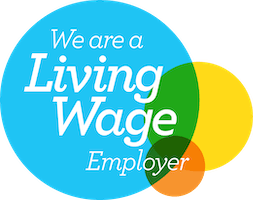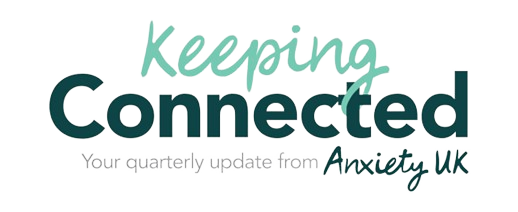OCD is exhausting. Mentally and physically. Let me explain why…
By Lucy Elizabeth
Have you ever had an upsetting thought? Probably. We all do. Have you ever let that thought go on for a bit too long? Probably. Sometimes it can be difficult to move on, particularly from something that makes you feel sad or uneasy. But have you ever let that thought consume you to the point where it’s all you can think about? You let the thought go round and round in your head. You convince yourself you’ll never be able to move past this thought. It takes over your life to the point where you find no joy in anything you previously did. You are plagued with feelings of hopelessness. That sinking feeling of anxiety and uncertainty follows you around.
You might even have certain mental rituals to relieve yourself of these thoughts, but these methods only provide temporary relief before the cycle continues again. Pretty mentally exhausting!
This is how my OCD has felt on and off, since I was 7 years old.
My compulsions began as purely mental. Hours spent ruminating on certain events, my actions, things I’d said or felt. However, as I got older, these compulsions began to manifest themselves physically: ‘I have to flick that light switch as many times as it takes for me to get this thought out of my head’. This is where it becomes physically exhausting.
It took me until the age of 20 to receive a diagnosis for my condition and after years of therapy, on and off, plus consistent medication, I can confidently stay I am in recovery. Although I still struggle to this day, therapy has provided me with methods to manage my intrusive thoughts, and important lessons I have learnt along the way, that make living with OCD manageable:
1. Relapse doesn’t mean all the work I’ve done to get better is wasted. With many conditions, relapses can happen. But they make us stronger.
2. I have survived 100% of my worst days. In fact, despite my illness, I have had hundreds, if not thousands, of incredibly happy days. I’ve experienced extreme joy, love, friendship, laughter and so on. And I know I have more of these days to come.
3. I am not alone. OCD can feel like the loneliest place on earth sometimes. But I promise you are not alone. Opening up to those closest to me, and that I knew I could truly trust, was the most important step in my recovery.
4. Some people won’t understand you, and that’s OK. Surround yourself with people who are willing to listen. Even if they don’t understand exactly what you’re going through, a shoulder to cry on, one without judgement, can really help.
The first step in recovery, as with every illness, is to admit something is wrong, and seek help. Even just reading a blog piece is a step towards understanding what might be going on, and getting the help you need.
The views expressed by the contributor are not necessarily those of Anxiety UK, nor can we guarantee the accuracy of the information provided. If you would like to write a blog for AUK please email [email protected] for more information.









